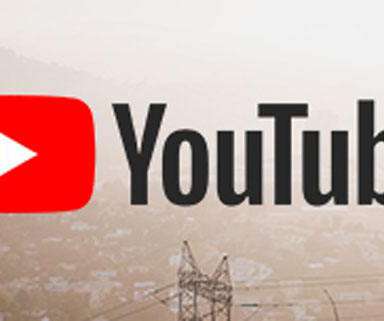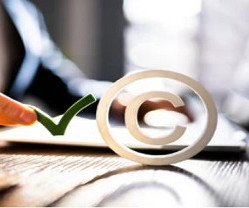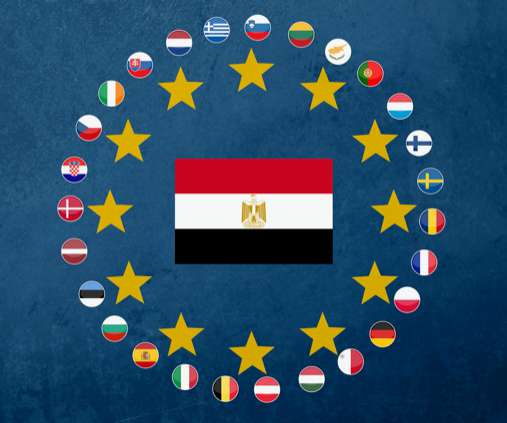Never Too Late: If you missed the IPKat the past 2 weeks!
The IPKat
JANUARY 30, 2022
The IPKat has published several posts over the past two weeks! COPYRIGHT Katfriend Moritz Sutterer posted on a new competition tool that the German Competition Authority recently tried out against Google in relation to press publishers' neighbouring right.












Let's personalize your content